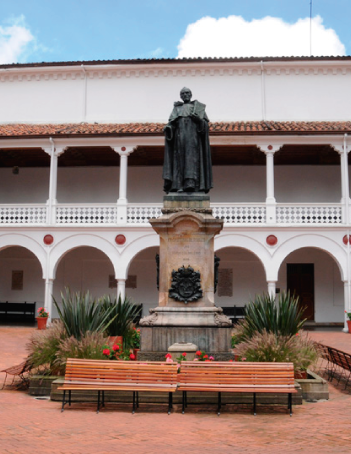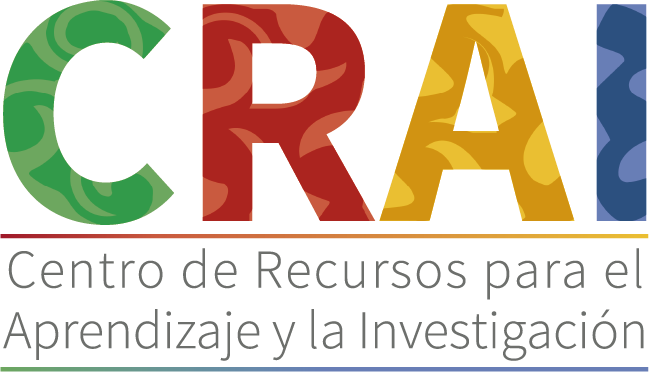Intro; Preface; Contents; List of Contributors; List of Figures; List of Tables; Chapter 1: Introduction: Understanding the Construction of Victimhood and the Evolving Role of Victims in Transitional Justice and Peacebuilding; Refocusing the Critical Analysis of Transitional Justice and Peacebuilding Upon Victims; Victims in the Transitional Justice and Peacebuilding Literature; The Volumeâ#x80;#x99;s Contribution: A Research Agenda and Some Tentative Conclusions; References; Part I: Defining Victims and Victimhood
Chapter 2: Victims and Victimhood in Reparation Programs: Lessons from Latin AmericaIntroduction; Truth Commissions and Reparation Programs in Latin America; Establishing Victim Reparation Programs; Who Is the Victim? Defining the Victim-Beneficiary of Reparation Programs; Forms of Victim Reparations; Reflections on the Aims of Victim Reparation Programs; Conclusions; References; Chapter 3: Francoâ#x80;#x99;s Victims in Spain: The Long Road Towards Justice and Recognition; Introduction; The Civil War and the Repression that Followed: (Heroic) Victims and (Defeated) Villains
The Democratic Transition and the Missed Opportunity to Recuperate the Status of VictimsStruggling for Justice and Recognition; Conclusions; References; Chapter 4: The Struggle for Recognition of the Stolen Children and the Politics of Victimhood in Spain; The Abduction of Children Throughout Twentieth-ÂCentury Spanish History; Francoâ#x80;#x99;s Lost Children; The Stolen Children; Spainâ#x80;#x99;s Stolen Children and the Obstacles to Being Recognised as Victims; Legal and Institutional Obstacles; Socio-cultural Obstacles
Spainâ#x80;#x99;s Lost and Stolen Children: Two Different Historical Episodes? The Quest for Justice and the Politics of HistoryConclusion: Spainâ#x80;#x99;s Stolen Children, A Case of Competing Victimhoods?; References; Chapter 5: What Defines the Victims of Human Rights Violations? The Case of the Comité Pro Paz and VicarÃa de la Solidaridad in Chile (1973â#x80;#x93;1992); State Victims: Understanding, Classifying and Making Reparations; â#x80;#x9C;A Space in the Midst of Brutalityâ#x80;#x9D;7; Forms: From Denunciation to Registration; Legal Assistance; The Detentionâ#x80;#x99;s Outcome
Periodic Reports: From Registration to Organization and Analysis of InformationThe Human Rights Archive Beyond the CNVR; Registration Infrastructures and Notions of Victim; References; Chapter 6: The Politics of Victimhood at the Grassroots Level: Inclusion and Exclusion Among Peruvian Victim Organisations; Introduction; Peruvian Victim Associations; Emergence and Foci; Phrasing Experiences and Awareness of Being a Victim; Inclusion and Exclusion at the Grassroots Level; Generational Issues Within and Among Associations; Centralistic Character of Peru
This volume sheds new light upon the role of victims in the aftermath of violence. Victims are central actors in transitional justice, the politics of memory and conflict resolution, yet the analysis of their mobilisation and political influence in these processes has been neglected. After introducing and explaining the reasons for this limited interest, the book’s chapters focus on a range of settings and draw on different disciplines to offer insights into the interrelated themes of victimhood – victims, their individual and collective identities, and their role in and impact upon post-conflict societies – and the politics of victimhood – meaning how victimhood is defined, negotiated and contested, both socially and politically. Because it outlines a stimulating research agenda and challenges the view that victims are passive or apolitical, this interdisciplinary volume is a significant contribution to the literature and will be of interest to scholars from disciplines such as law, anthropology, political science, human rights, international studies, and to practitioners.--
Texto en inglés

Escuela de administración
Facultad de Jurisprudencia
Facultad de Ciencias
Escuela de Ciencias
Escuela de Medicina
Facultad de Economía
Facultad de Estudios
Facultad de Creación
Escuela de Ingeniería,
Otras Ofertas
 Historia y símbolos
Historia y símbolos
 Enfoque estratégico
Enfoque estratégico
 Gobierno universitario
Gobierno universitario
 Playbok - Nuestros pilares de transformación
Playbok - Nuestros pilares de transformación
 Protocolo de seguridad
Protocolo de seguridad
 Archivo histórico
Archivo histórico
 Portafolio de becas, descuentos y apoyo financiero
Portafolio de becas, descuentos y apoyo financiero
 Casa UR
Casa UR






 Proyección social
Proyección social Filantropía
Filantropía Hagámoslo posible
Hagámoslo posible

 Libro
Libro







